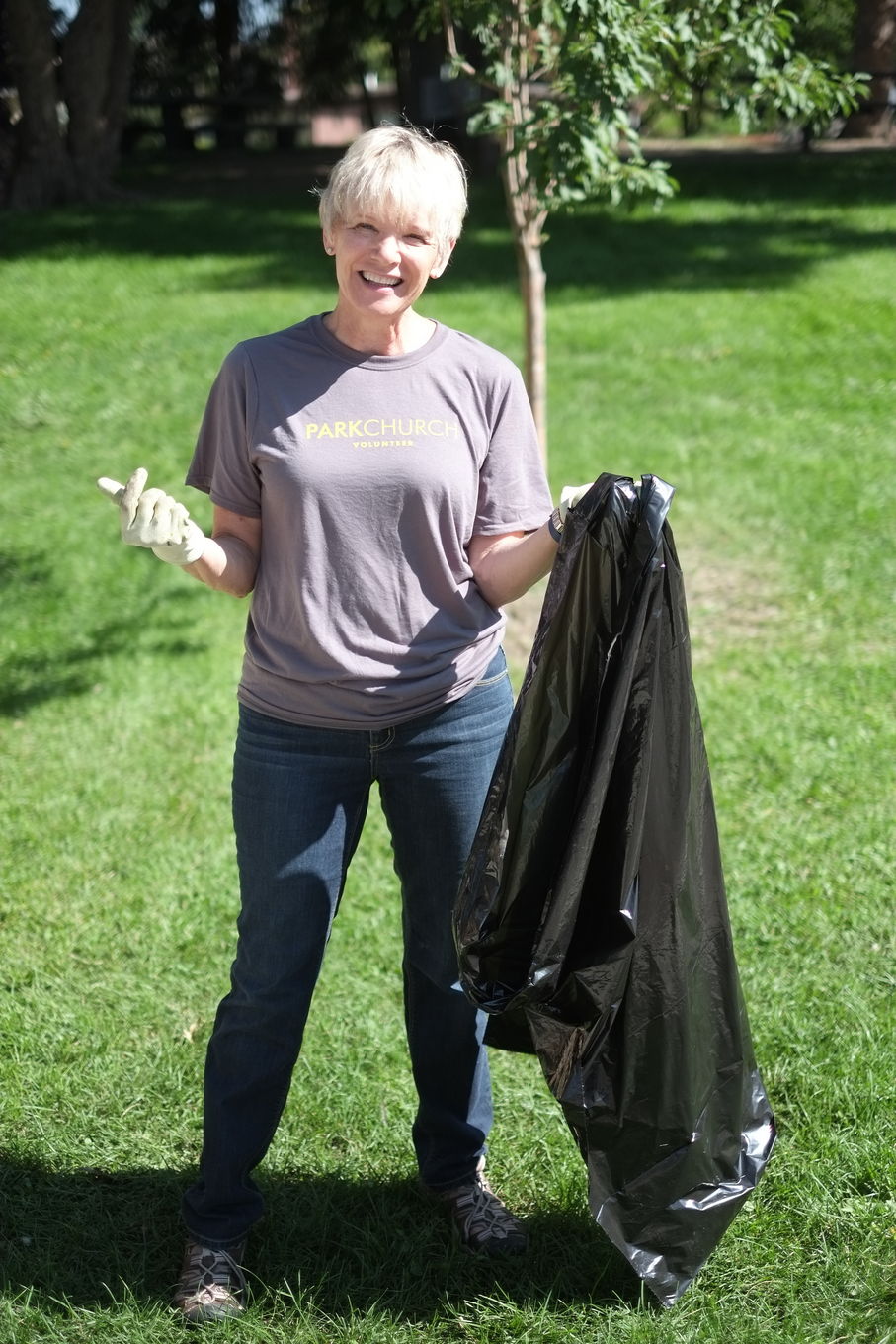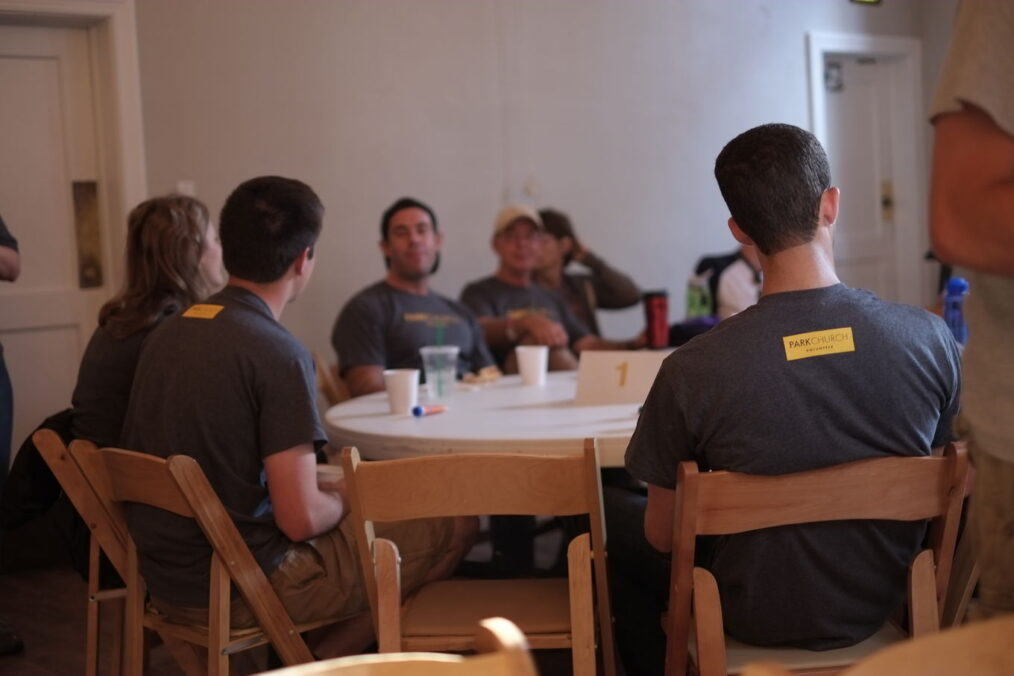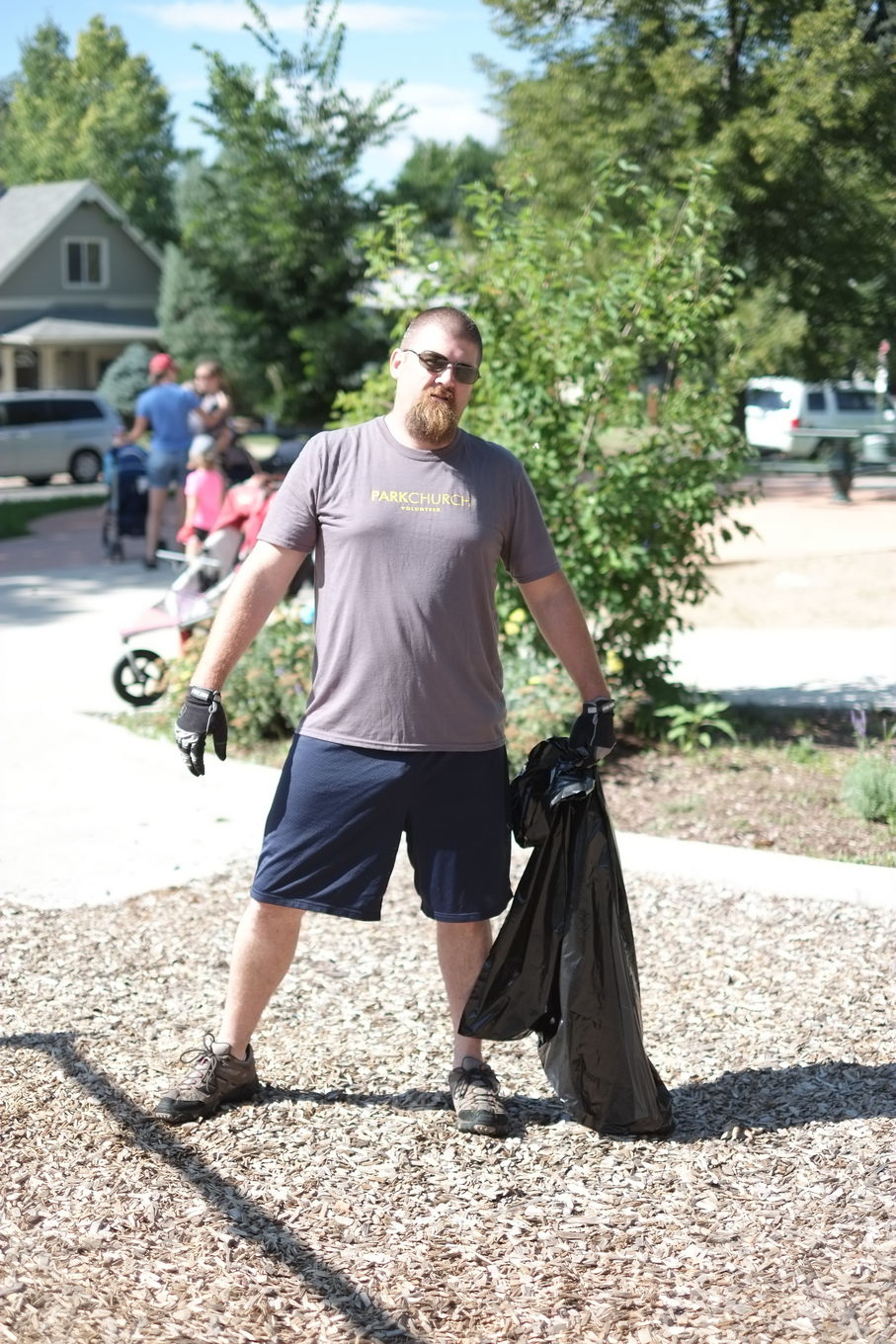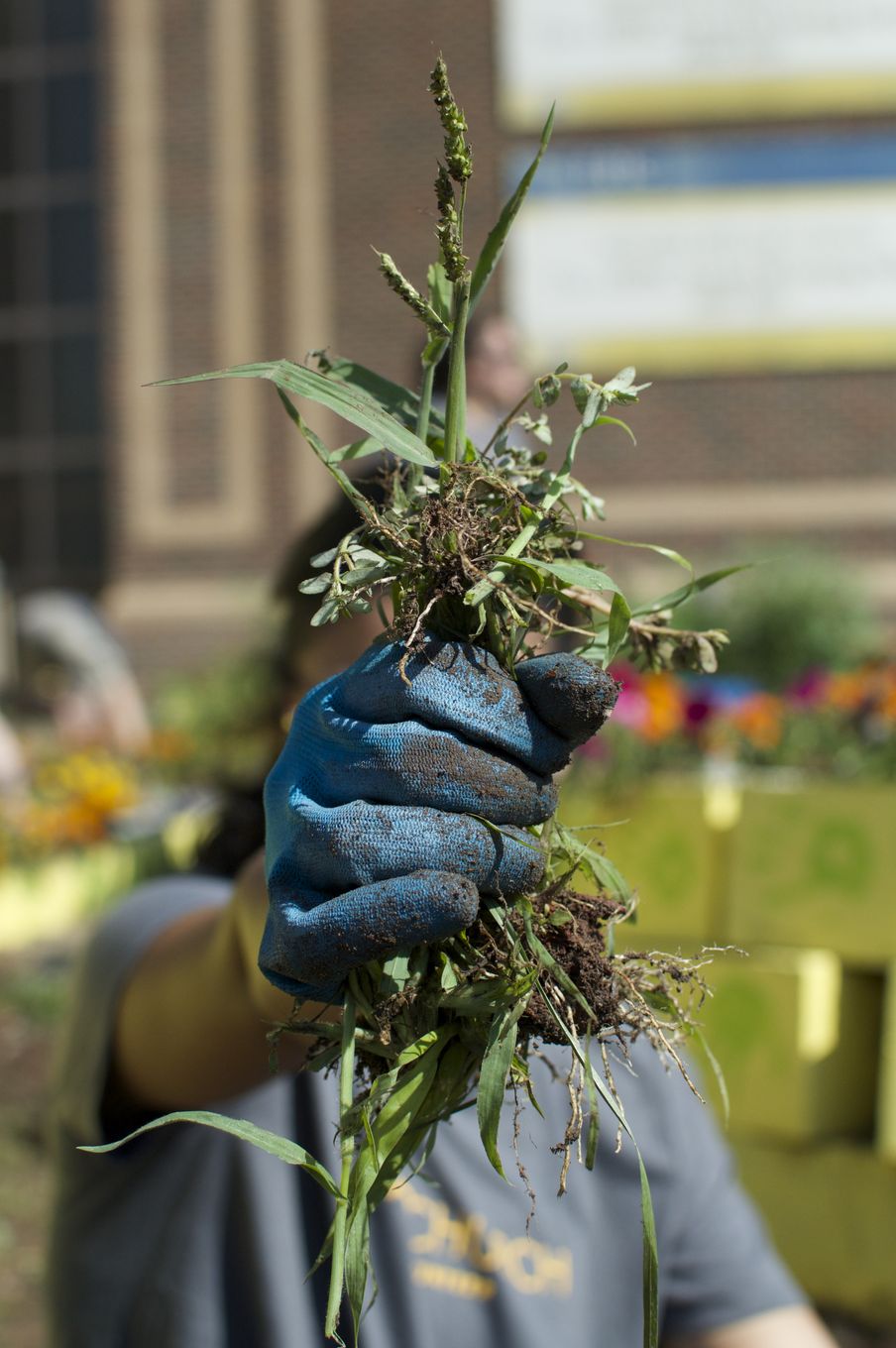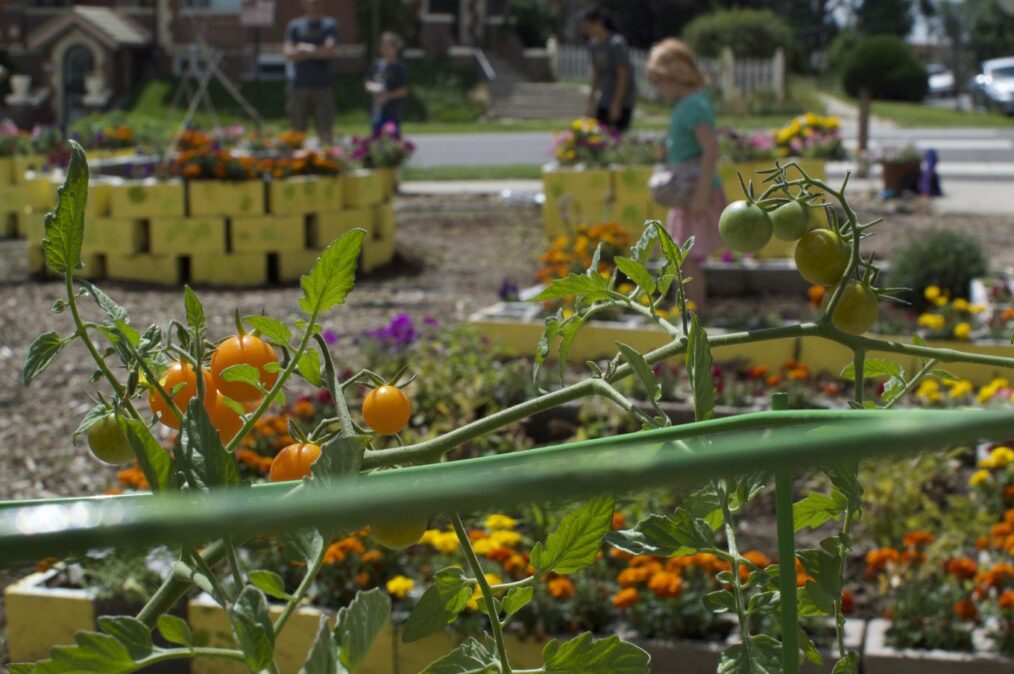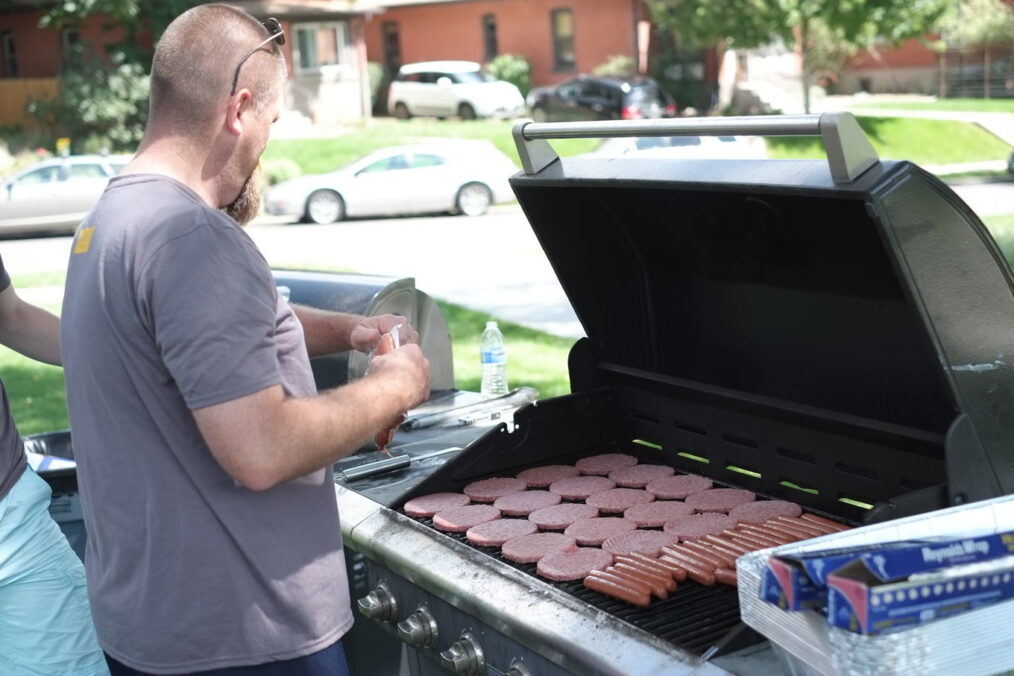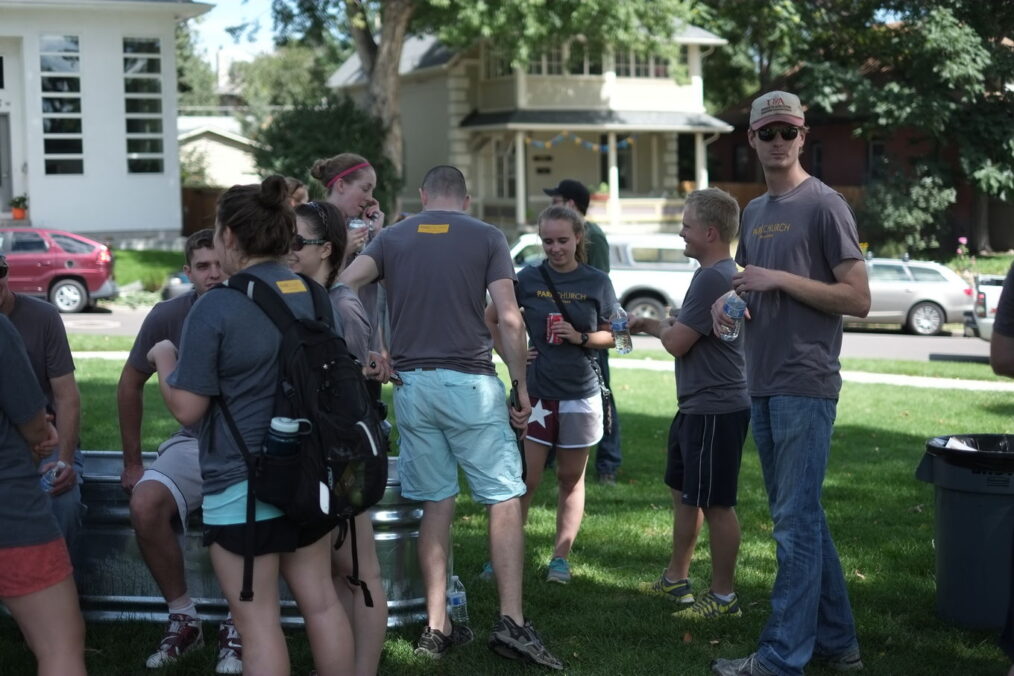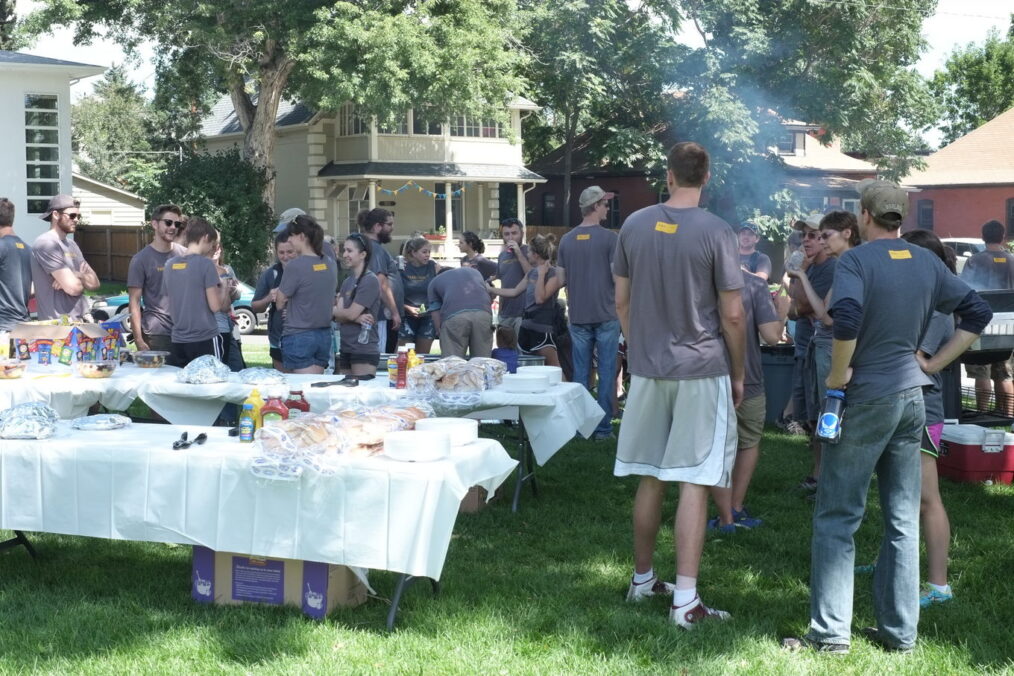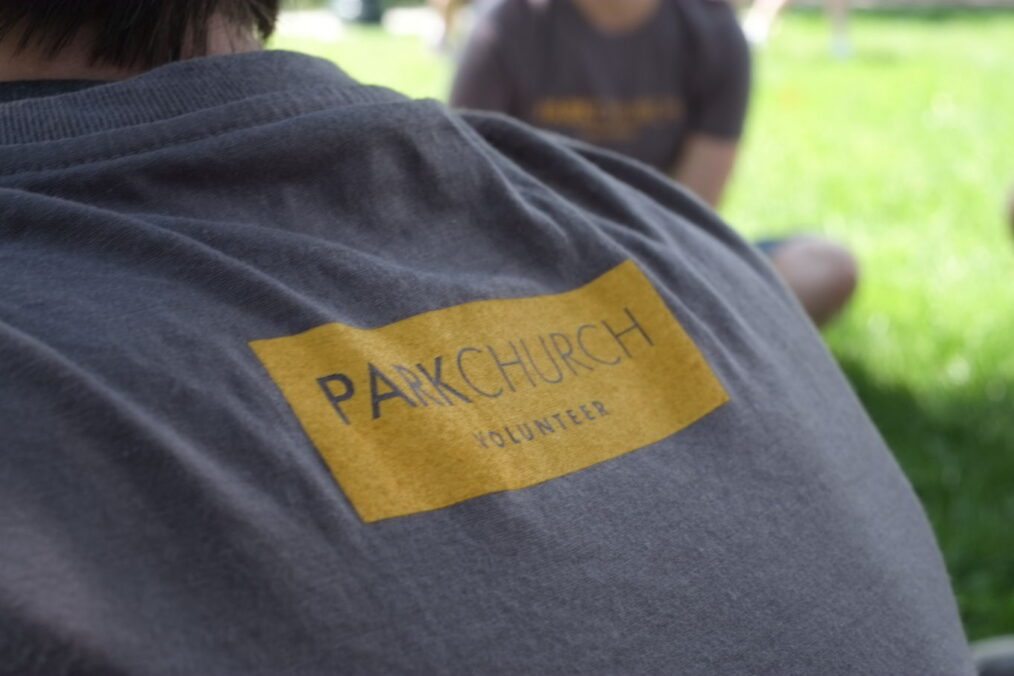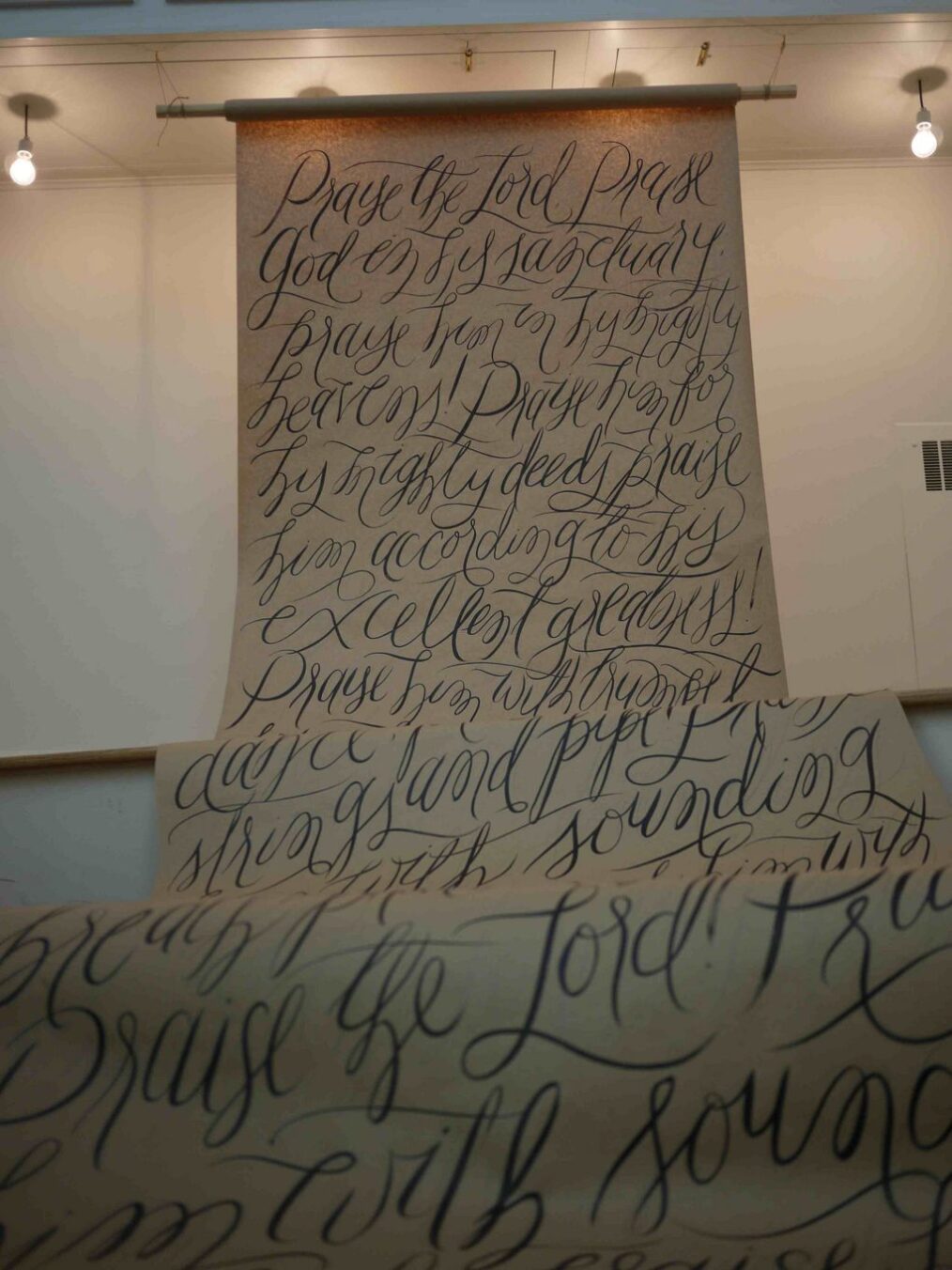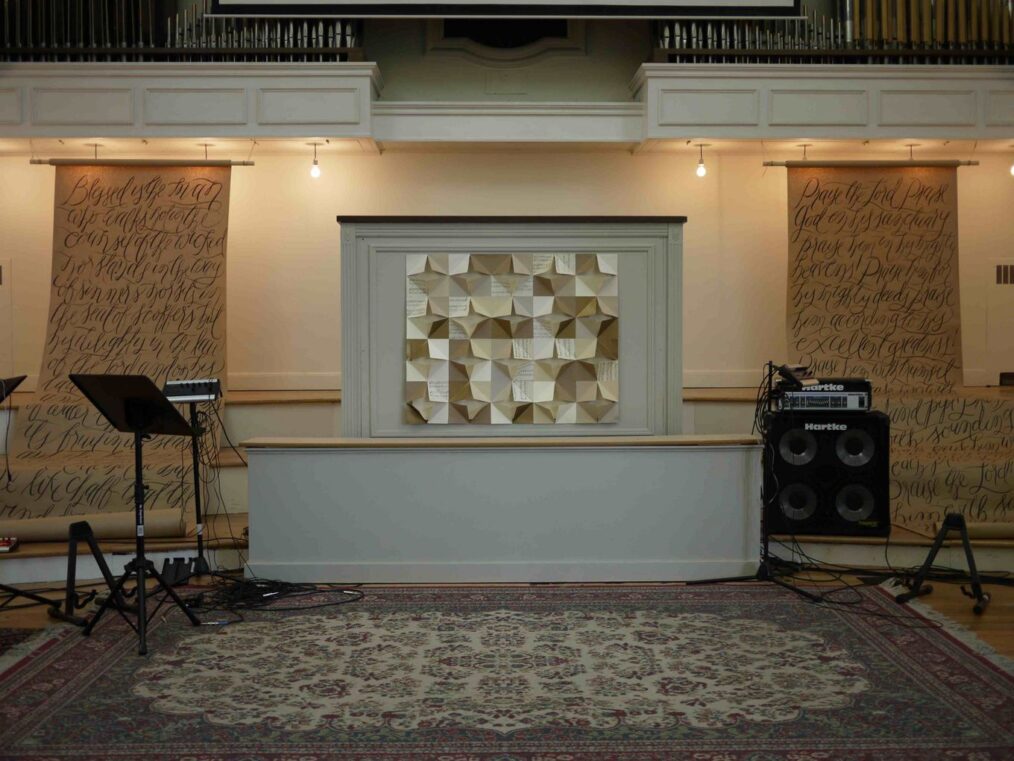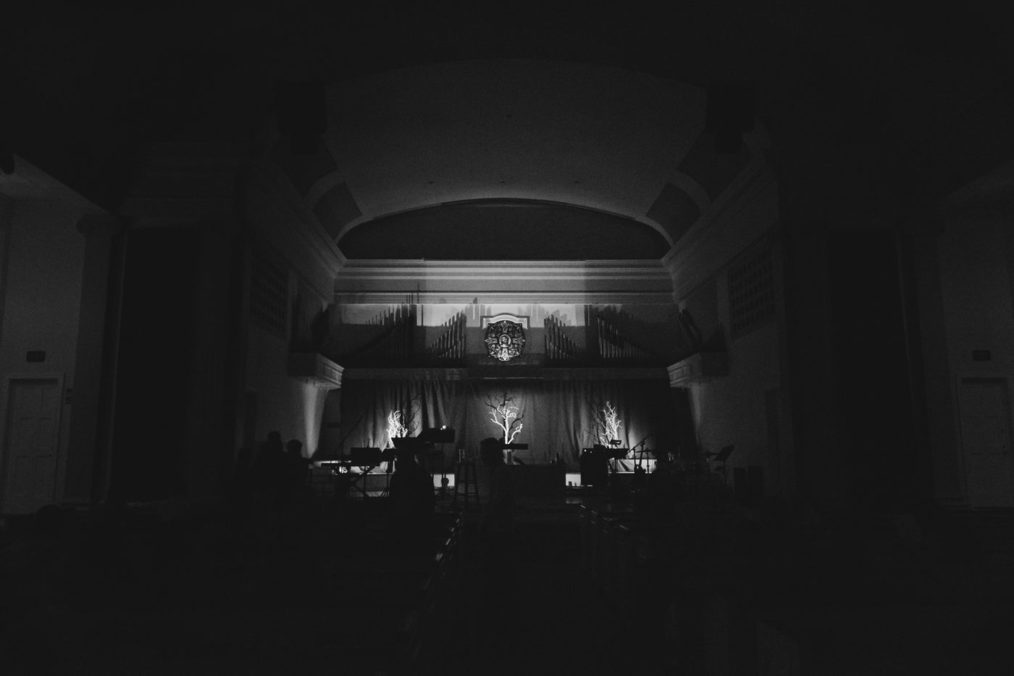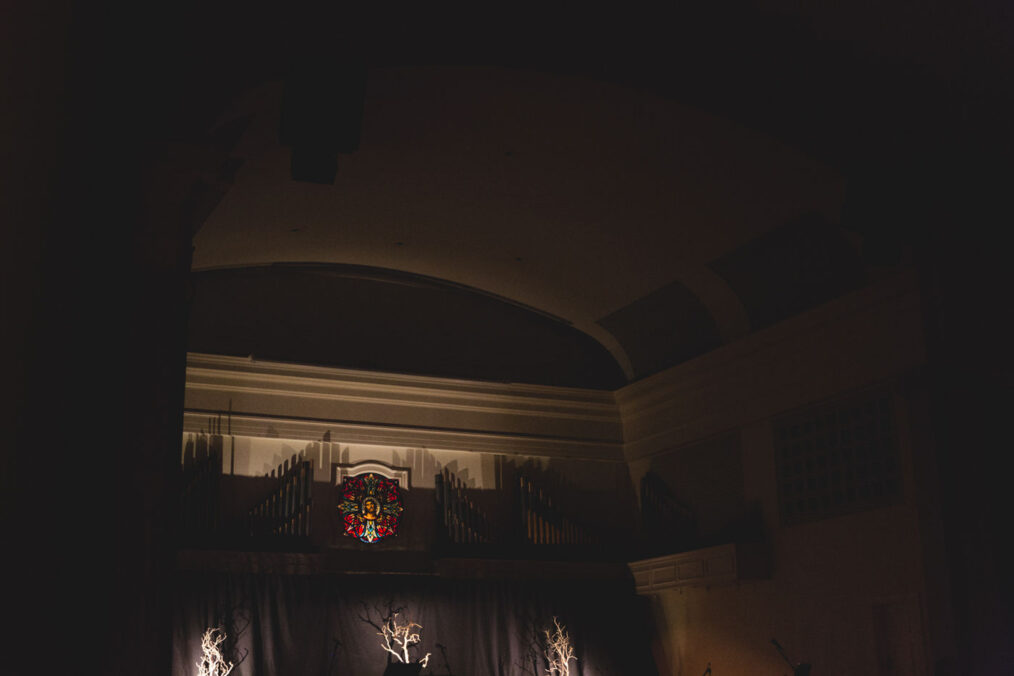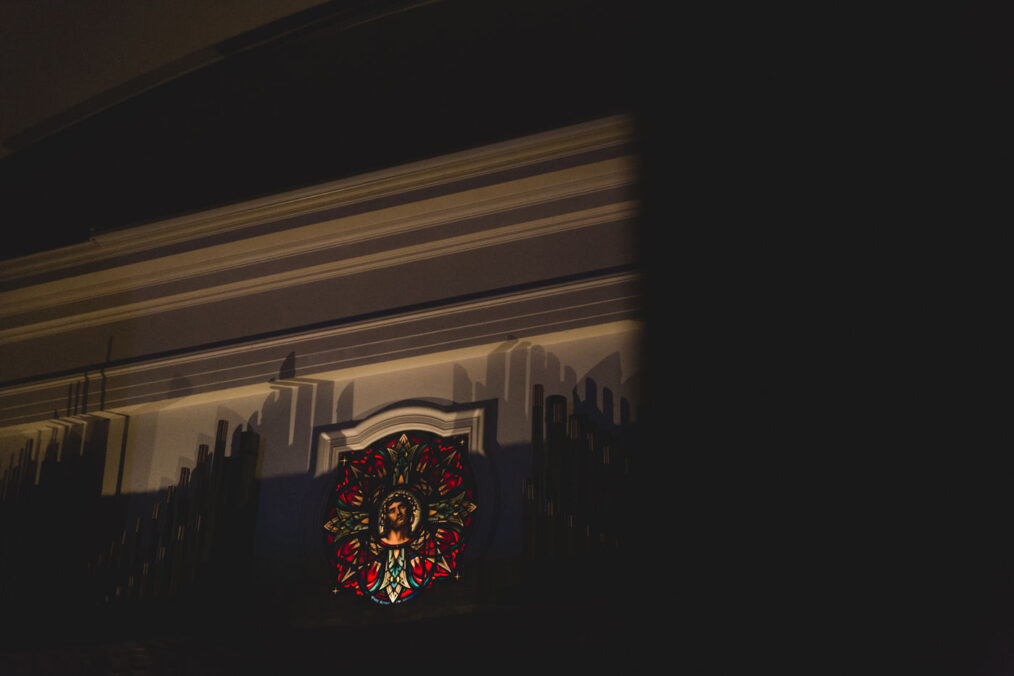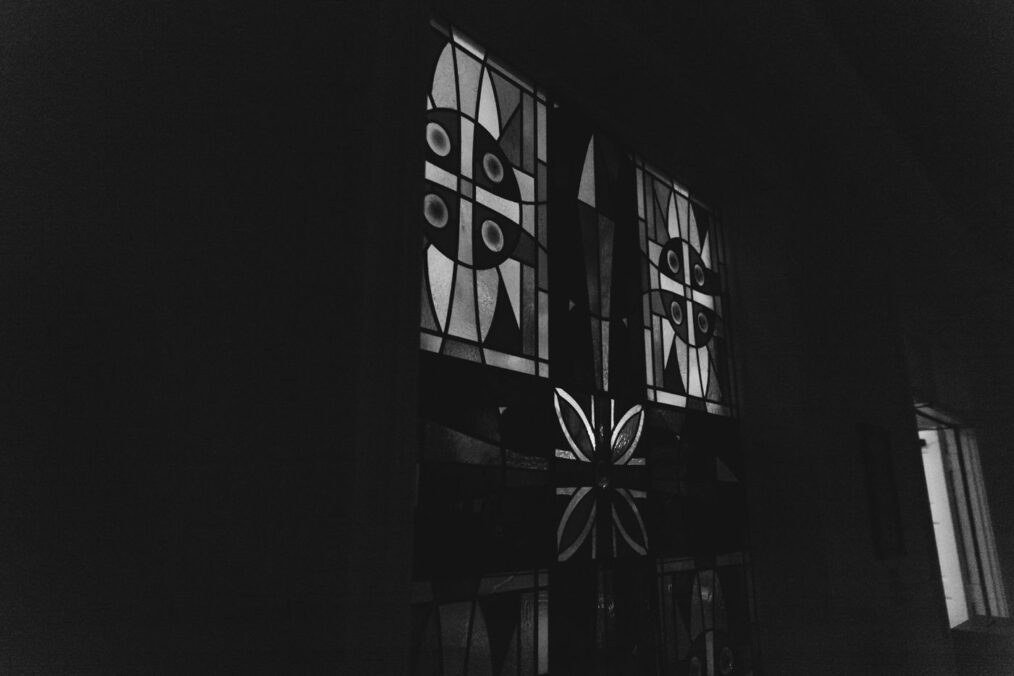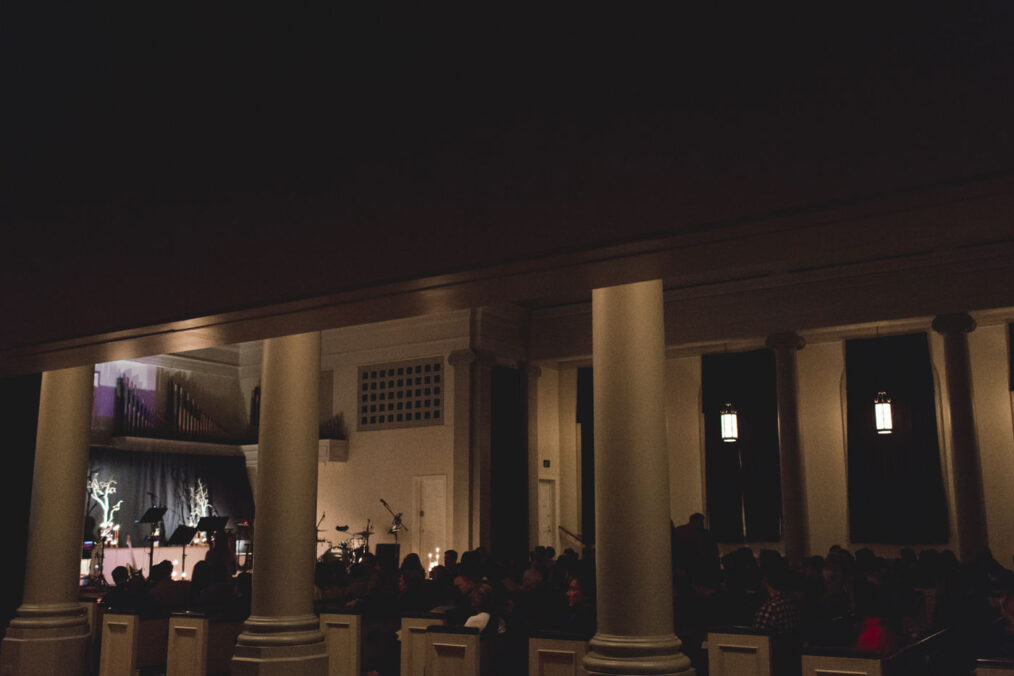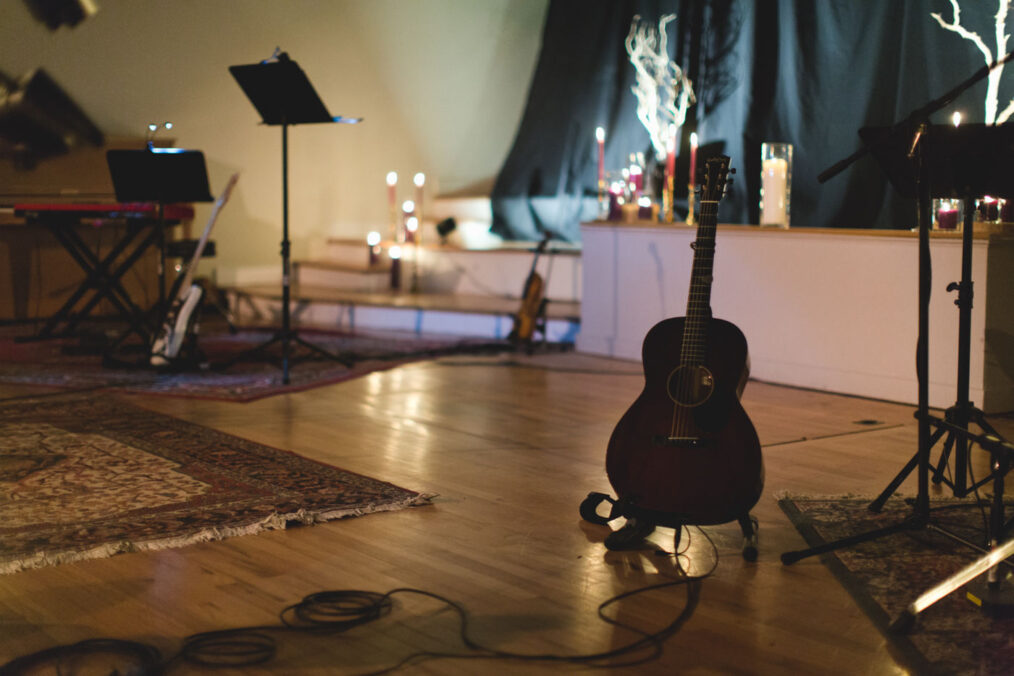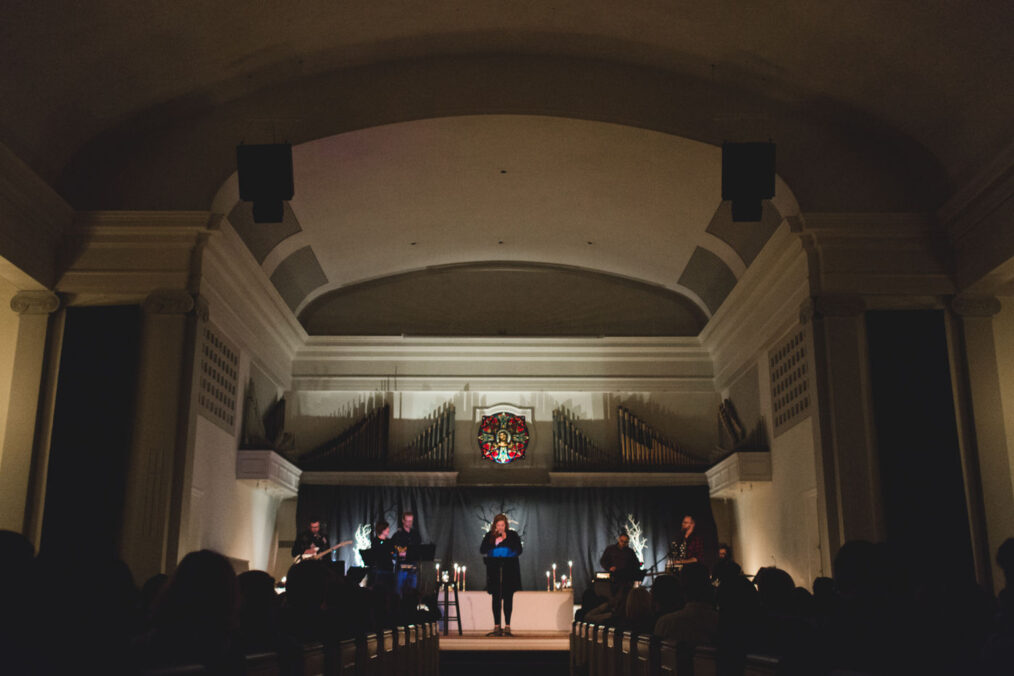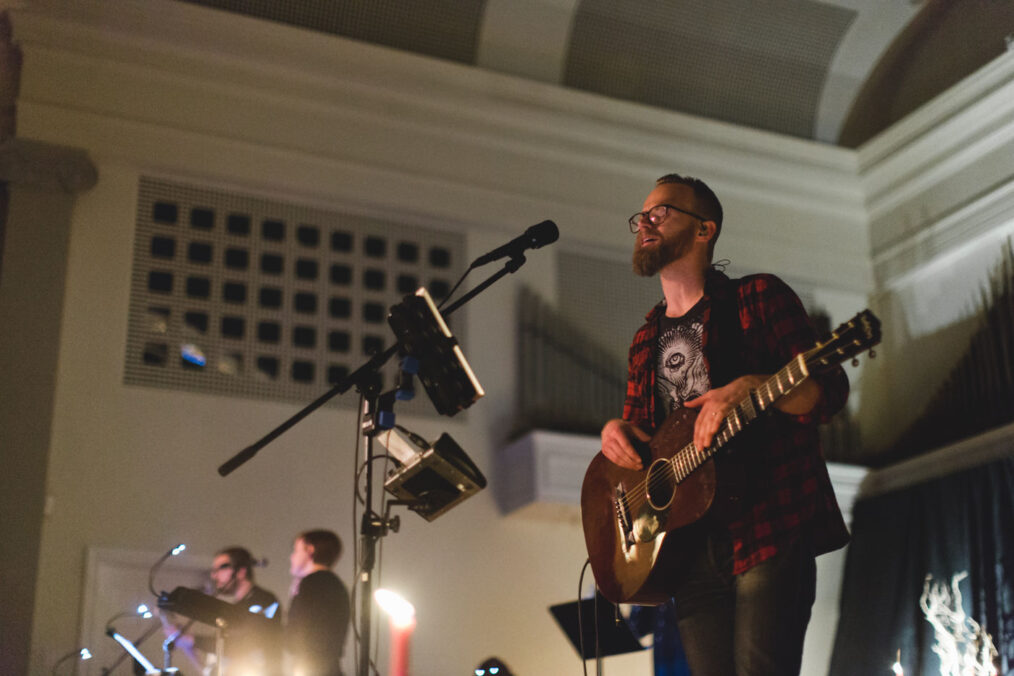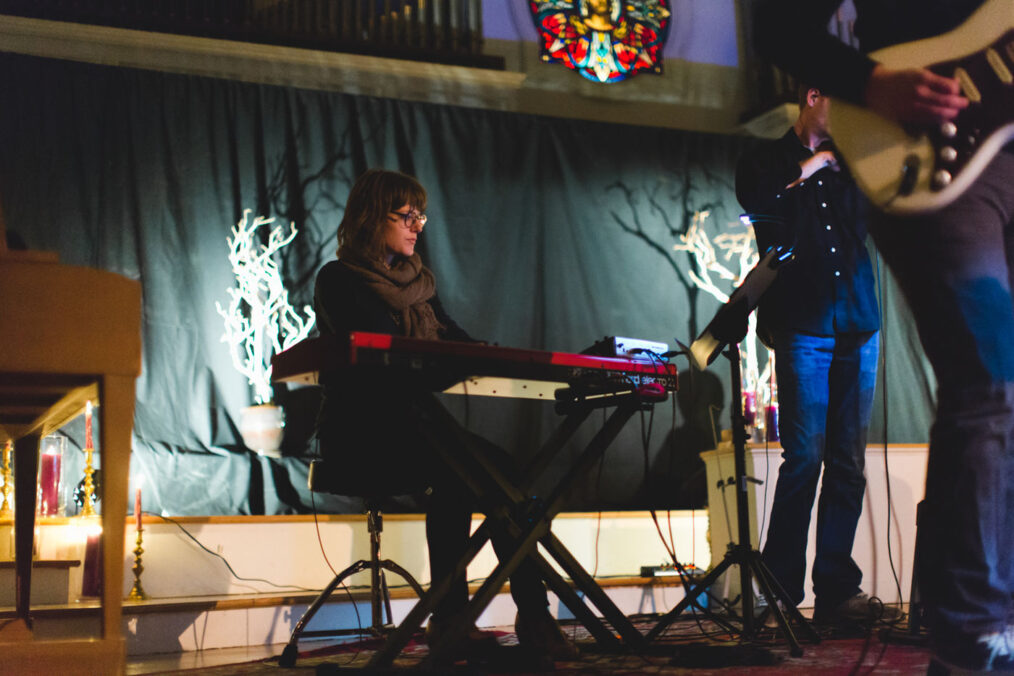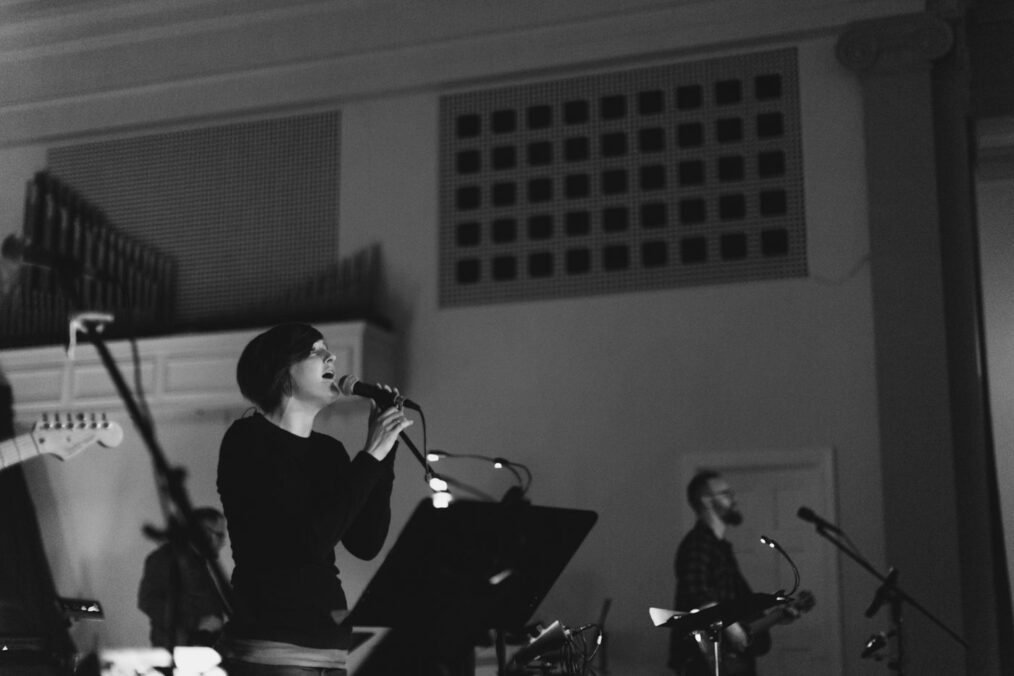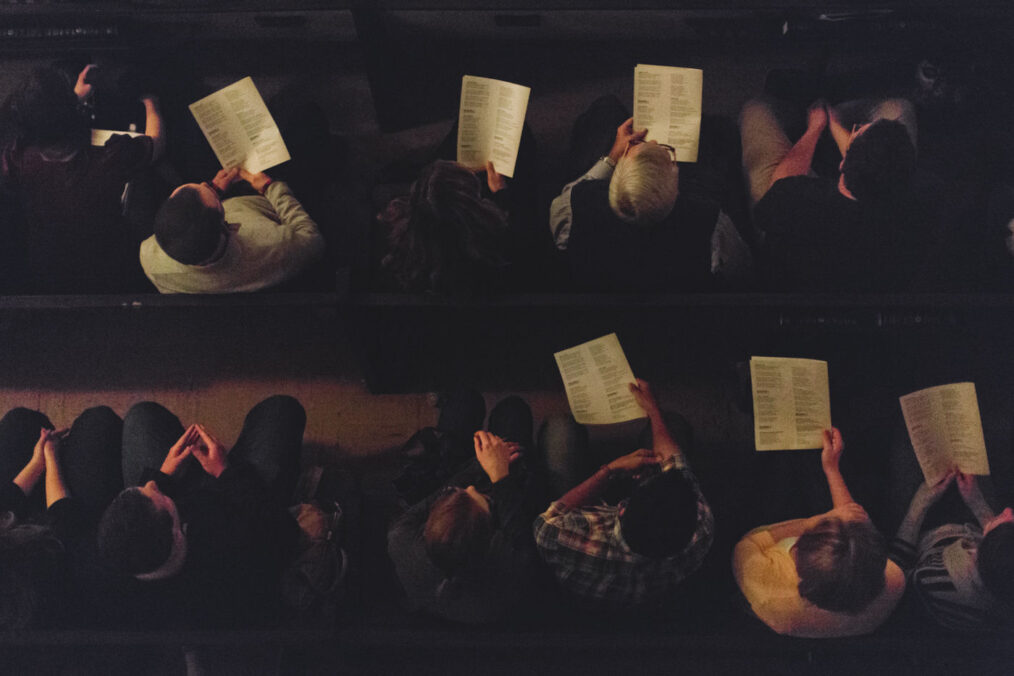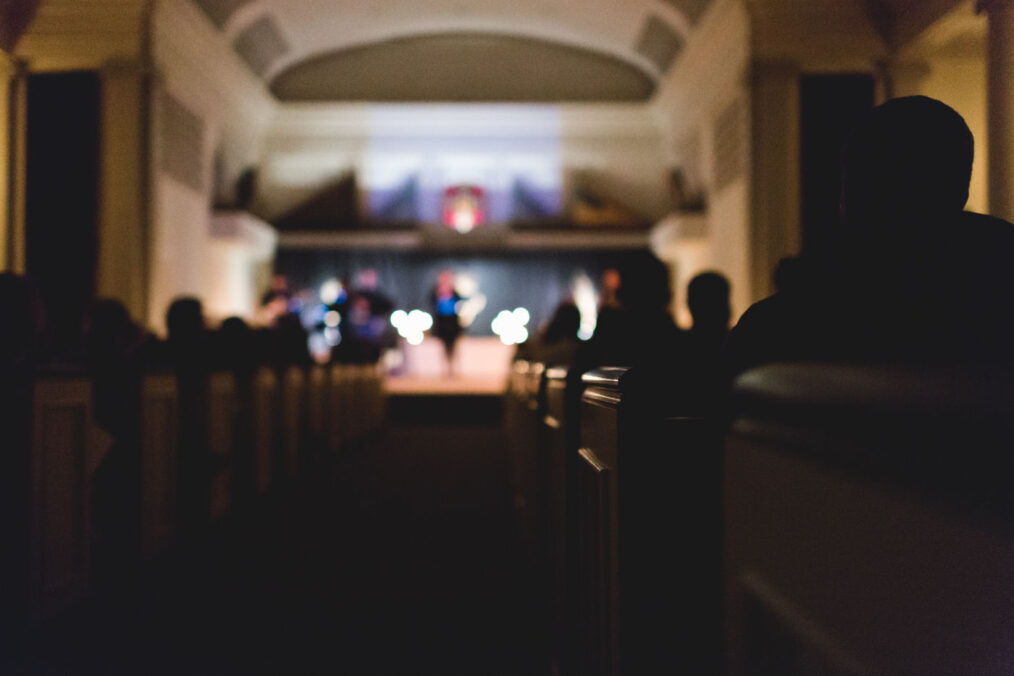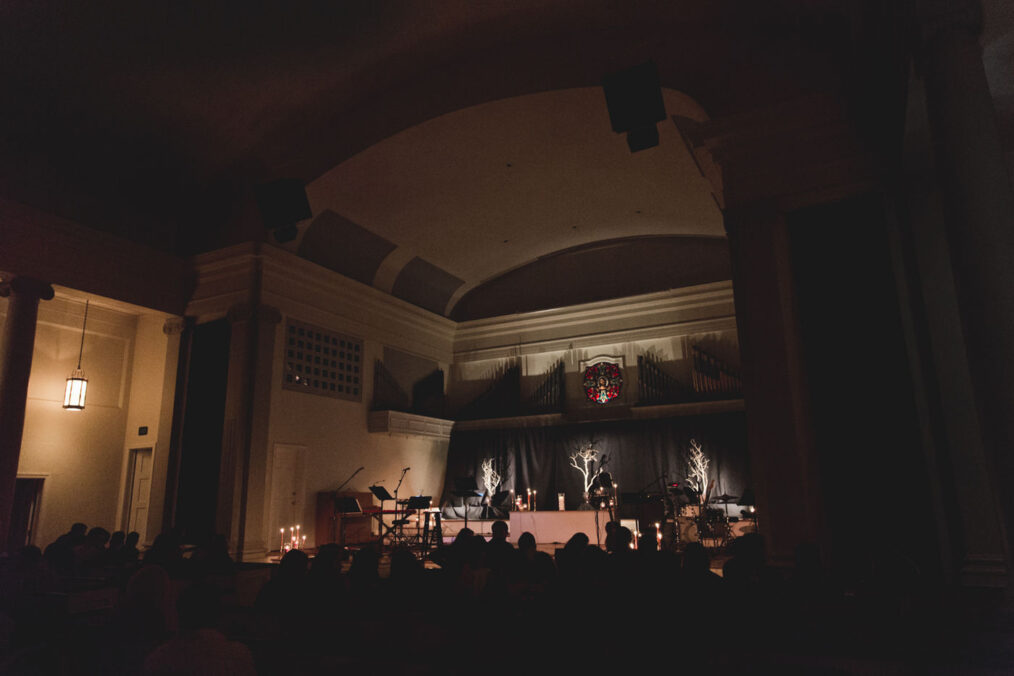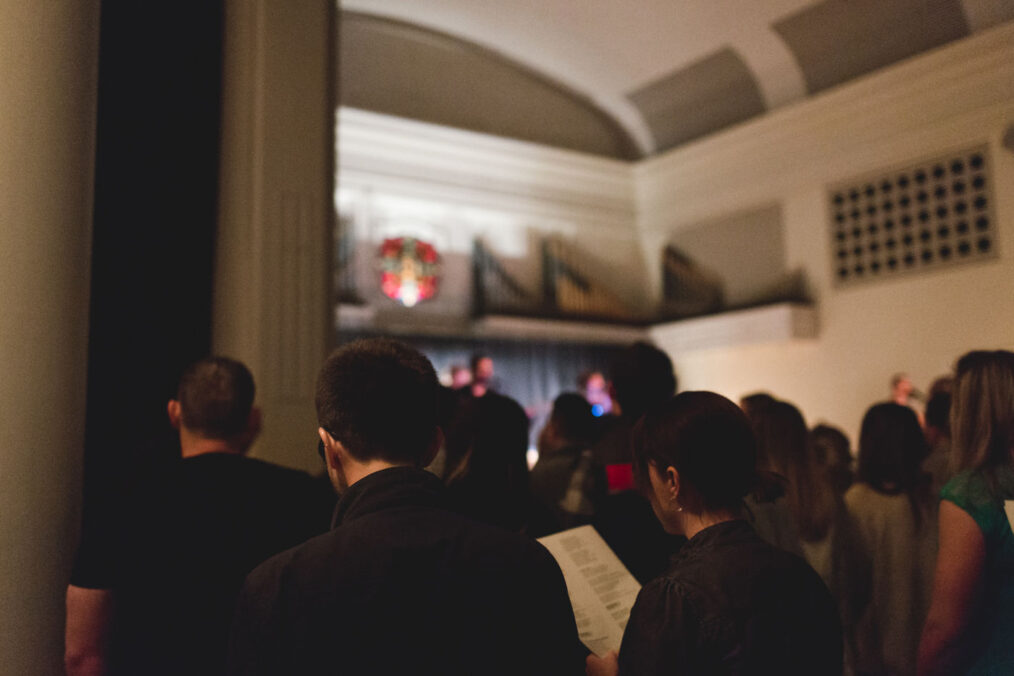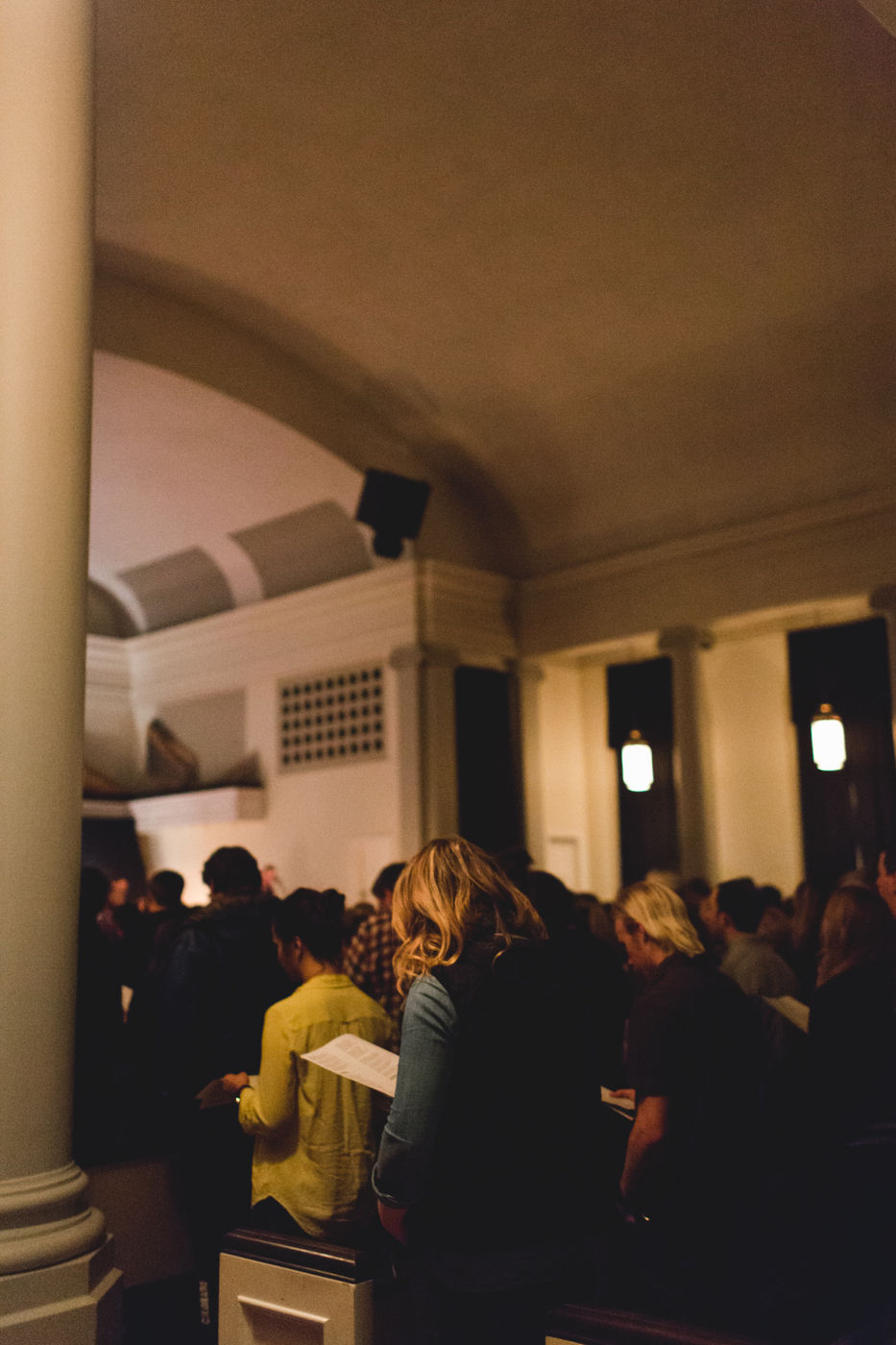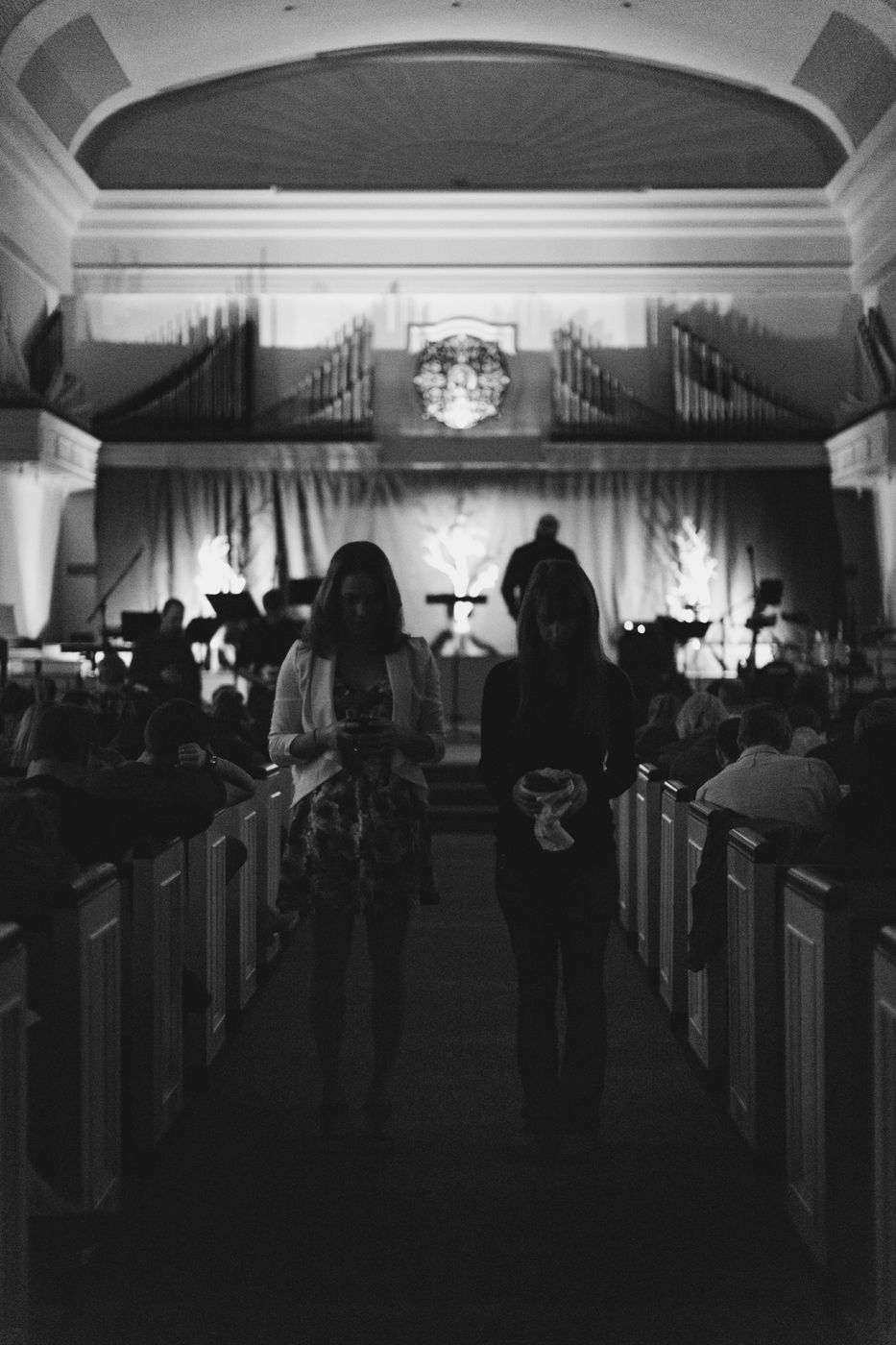On Saturday, August 24th, 2014, we had our first (hopefully annual) Serve Denver Day.
What a blast.
Just under 200 “Park People” showed up to help serve our neighbors in the Highlands.
So, who did we serve, and what did we do?
North High School
-Washed almost every window
-Organized all classrooms
-Cleaned the cafeteria and auditorium
The facilities manager said, “We truly appreciate the service you all provided here at North.”
Skinner Middle School
-Transformed the community “garden”
It truly looked like a jungle when we arrived. Now it’s a pristine vegetable and flower garden that the students can use and enjoy!
The Highlands
-Cleaned streets and alleys
-Weeded neighbors’ yards
-Hauled toilets and couches off of properties (with permission)
We covered over 30 square blocks in all. One gentleman, when asked if there was anything we could do on the spot, told the group, I think as a joke, that they could weed his whole yard.
And with 30 hands at work, his yard was weed free in 15 minutes.
Parks
-Picked up trash and yard debris
-Cleaned the streets and alleys
-Met neighbors along the way
BBQ Celebration
When we’d finished the above, we celebrated with a BBQ.
Over 20 of our neighbors showed up, and all in all, we fed about 150 people.
One of the coolest parts about the weekend was seeing two of those neighbors, who had never been to Park Church before, walk through the doors on Sunday morning for worship.
We had countless neighbors thank Park Church volunteers for servicing the community in this way and they let us know that they’d like to join Park Church the next time around.
